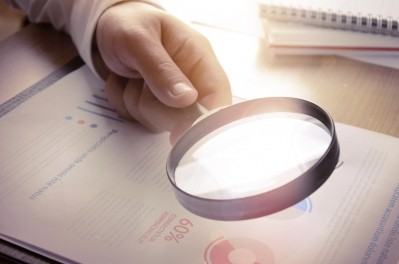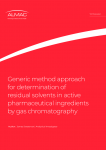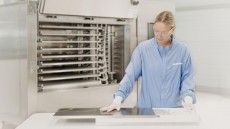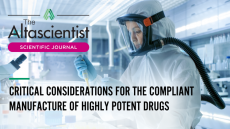Robotic sampling devices find pharma compounds in marine water

The team from Norway, Germany and the Czech Republic have tapped into a network of unmanned, robotic sampling devices - called FerryBox - which are installed on ferries, cargo ships and other commercial vessels that ply Europe's shipping routes.
The FerryBox devices are already being used by numerous scientific institutes for researching water quality and its impact on climate change and fish populations.
The sampling approach - piloted using a FerryBox installed on one Danish container ship - was successfully used to detect a host of chemical substances at levels in the sub-nanogram/L range in coastal and offshore waters, including several contaminants demonstrated for the first time in marine waters.
Pharmaceuticals - including the antibiotic sulfamethoxazole - were detected in offshore water in the North Sea, according to the team, who note that antibiotic pollution may harm the marine ecosystem and induce the selection of antibiotic-resistant strains.
Three of the other pharma compounds found in the sampling study - acetaminophen, naproxen and ketoprofen - have never before been detected that far offshore.
It was notable that several of the substances identified in the report - which also included pesticides, chemicals used in personal care products and food additives - are not thought to be particularly persistent in the environment.
As they were found in coastal and offshore waters not affected by river outflows, the scientists suggest additional studies should be carried out to discover how they are dispersing so widely.
They note there is currently relatively little information on the fate and occurrence of pharmaceuticals in marine waters, which is a concern "since they are synthesised to biologically active at very low concentrations."
"A cost-effective approach for monitoring the over 100,000 kilometres of European coasts is necessary," write the authors in a report on the study submitted for publication in the Journal of Marine Systems.
With 33 ships already equipped with FerryBox units, they suggest that their pilot could be expanded to provide comprehensive data that would help guide the "implementation of regulations and the protection of [the] marine environment from chemical pollution."


















